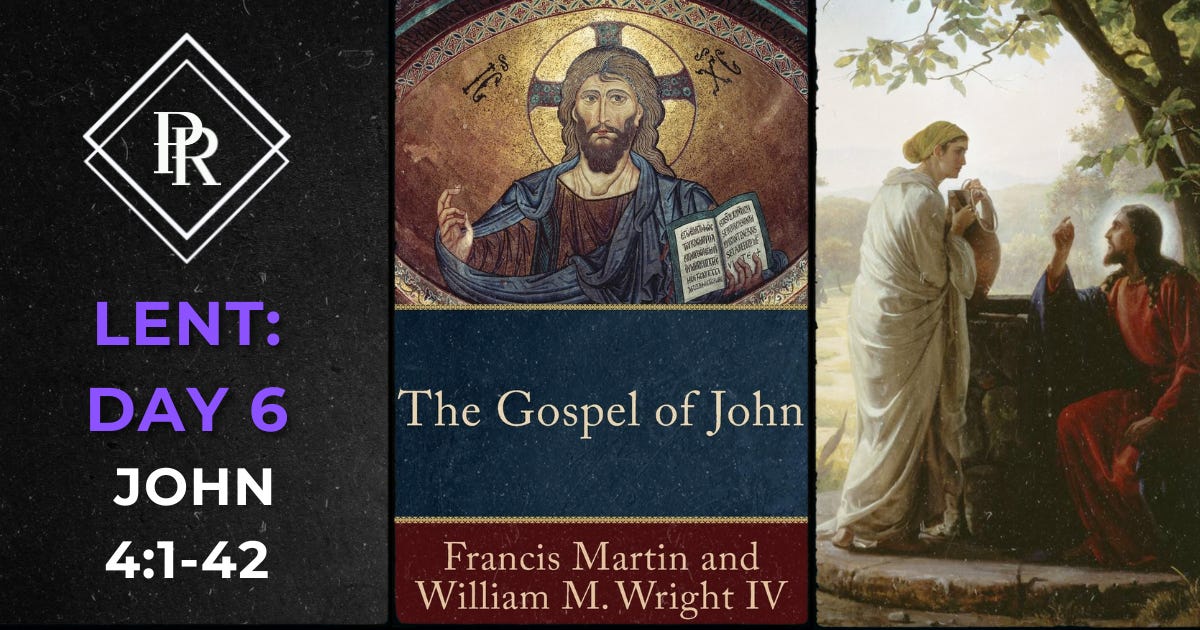“You people worship what you do not understand; we worship what we understand, because salvation is from the Jews. But the hour is coming, and is now here, when true worshipers will worship the Father in Spirit and truth…God is Spirit, and those who worship him must worship in Spirit and truth.”
— John 4:22-23, 24 —
“Now, I’m gonna be straight with you,” he said as he leaned forward and placed his elbows on the table. In a serious tone, the Anglican priest said, “If you move to that area of the country, I’m not sure you’re gonna be able to find a good Anglican parish. So you might have to go to a solid Presbyterian Church instead.” This was a surprise.
I had become convinced that Anglicanism was the best expression of Christianity and had nearly been confirmed earlier that year. They had reverence in their worship, brilliant Christian minds in their tradition, a sacramental view of baptism and communion, and it led me to some genuinely great Christian men. Now that I was moving for a new job, I was supposed to just head to a different denomination? After all, if I was gonna change denominations, I should go to the Catholics, not the Presbyterians. But there was no way I was gonna become Catholic. Everyone knows they’re wrong!
This story reflects the “Protestant Problem”. Protestants may sing songs and assemble in the spirit of Christianity and even have a desire for the truth, but one question plagues them all: Which denomination is teaching the whole truth and nothing but the truth? We might ask it this way: “How many Christian churches can worship in both Spirit and truth?”
If one Church teaches, that Baptism is essential for salvation, the bread and wine are Jesus’ body and blood, and that salvation and obedience are related, while another says baptism is not essential for salvation, the bread and wine are just symbols that have no connection to salvation, and that preaching obedience as necessary in the life of the believer is a works based salvation, then who is right? They can’t both be right, and therefore, they cannot both be worshiping in “Spirit and in truth.” In short, one of them is leading their flock astray. Truth is exclusive, and Christianity only has three logical conclusions:
Everyone is right (relativism).
No one is right (agnosticism).
Only one is right (exclusivism).
This is why I think that Samaritan discourse is relevant to the Protestant-Catholic dialog. Jesus represents exclusivity; he’s not a relativist, and he claims people can know the truth. He is truth incarnate, speaking to a woman who is waiting for the truth to tell her what to believe. But until he comes, she is going to continue to practice the religion that she knows: “Sir, I can see that you are prophet. Our ancestors worshiped on this mountain; but you people say that the place to worship is in Jerusalem…I know that the Messiah is coming…when he comes, he will tell us everything.”
Jesus recognizes the implied agnosticism in the dialog and deploys a subtle rebuke, “You people worship what you do not understand; we worship what we understand…” The Samaritan woman is a great analogy for Protestantism. The Catholics claim to have the truth, while the Protestants claim to have something approximating the truth. This is evident, again, by the myriad of fractures that Protestantism has produced. It’s not clear if you can define Protestantism without Catholicism, but that is a topic for another time.
Without the sacraments, Christian worship is, in the common understanding of the word, “a spiritual experience”, that is, worship in spirit, but not in truth. Without the Eucharist, it lacks the fullness of the truth because it lacks the fullness of God. Our commentators may help bring this point home so I can go to bed:
“Spirit and truth” does not imply that this worship is only interior or immaterial. Jesus has already explained to Nicodemus that a person must be born anew by “water and Spirit” (3:5, emphasis added), and he will instruct his disciples to eat his body and drink his blood in the Eucharist (6:53).1
When one has a mere Christian faith, it cannot be the true Christian faith. Christ did not come to earth and die on the cross so that we would seek to find the bare minimum requirements for salvation. Nor did he come to establish some kind of mere Christian imitation. Christ came and died so that you would have life abundantly, not merely. You cannot do this if you only have the “spirit of Christianity,” nor can you do it if you only have the “truth”. You must have both. Otherwise, you will always be plagued by the distinction between the agnosticism of Protestantism and the certainty of Catholicism as echoed by Jesus in the following passage:
“You people worship what you do not understand; we worship what we understand…”
— DR
Martin, F., & Wright, W. M. (2015). The Gospel of John. Baker Academic. 88.


